
Newsroom
"Next Thursday, His Excellency the High Commissioner will depart from here with his family to go to his residence in Troodos for a vacation."(June 25, 1910). By this time, nearly thirty years had passed since the government established its summer headquarters in Troodos. The decision to erect the 'Mansion', as it was somewhat euphemistically called, was made a year after the British arrived in Cyprus, in September 1879. That year, the island's second High Commissioner, Lieutenant-General Sir Robert Biddulph, initiated the construction of his summer residence in the cool heights of Troodos.
Following British tradition, where government residences and offices were often built away from the main centers of power, in locations known as hill stations, Biddulph was also aligning with the local custom of Cypriot officials retreating to Troodos during the summer months. Interestingly, the concept of creating a hill station in Cyprus was originally conceived by the island's first High Commissioner, Lieutenant General Garnett Woolsey.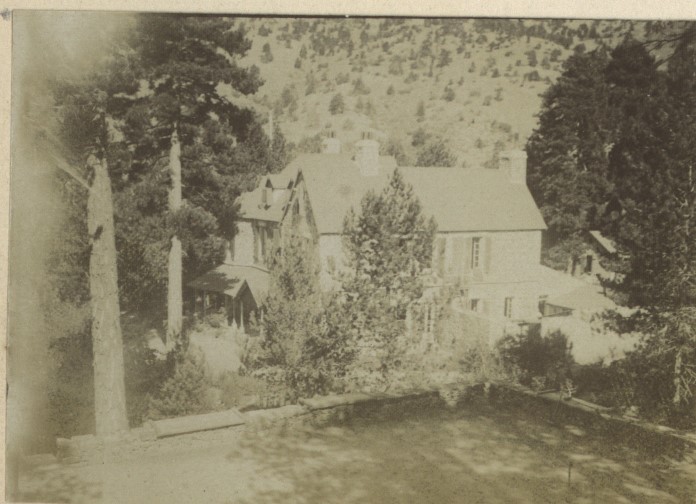
Naturally, the relocation did not concern only the High Commissioner and his family but the entire government apparatus, or at least the majority of it. All government work was conducted from Troodos, one or two days after the officials and employees settled in, which began in early or mid-June and lasted until around mid-September. A column from the newspaper "Voice of Cyprus" dated June 6, 1912, is indicative of both the period of the government's stay in Troodos and the services that were relocated: "His Excellency the High Commissioner and the Chief Secretariat will depart from Nicosia for the government's summer residence in Troodos on the 28th and 29th of this month, so that the government offices in Troodos will be in regular operation by July 1st." The article also notes that from that year, a new practice was introduced—the transfer of the island's Treasury and the relocation of at least its office there—something that surprised the author "for its unusual nature and especially for the expense it would entail."
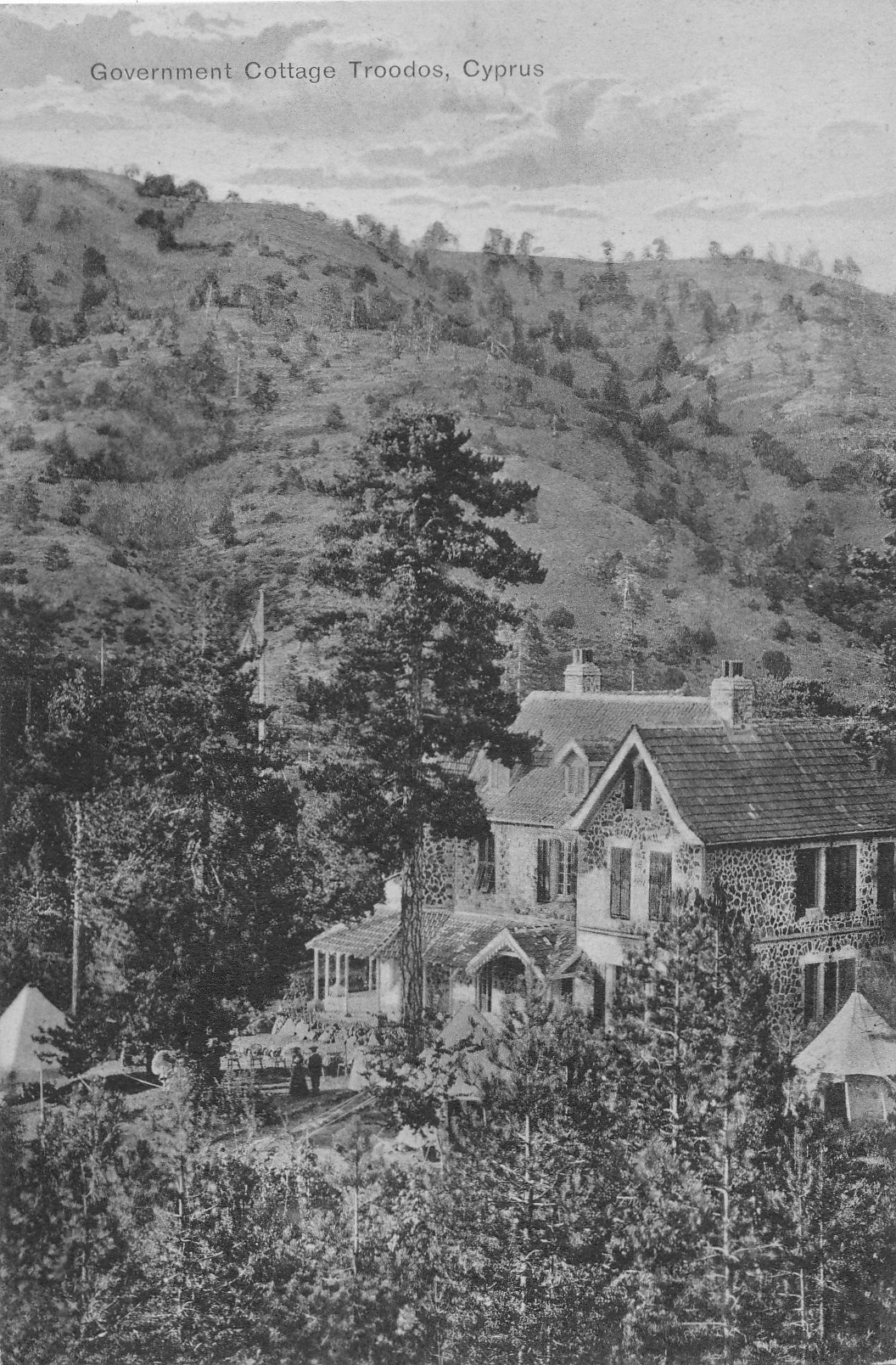
An idea of the government's relocation to Troodos is provided by the newspaper "Eleftheria" in June 1952, where it is mentioned that on June 30th, the governor and several senior officials, such as the colonial secretary, the acting financial secretary, the first assistant colonial secretary, the personnel officer with the assistant secretary, as well as the acting attorney general, the acting deputy attorney general, and the chief justice, would depart for Troodos.
Near the government residences and offices in Platres were the summer barracks of the British Army, which was usually stationed in Polemidia. As the historian Andrikos Varnava aptly parallels, Cyprus found its own Simla in Troodos—its summer capital—just as the Indian city of Simla became the summer capital of British India in 1864. In an 1888 issue of "Alitheia," we read: "The British army in Polemidia has begun its ascent for its summer stay in Platres and Troodos [...]." In a report dated January 4, 1879, Colonel J.P. Maquay of the Royal Engineers writes: "Platres seems to be the best location for a hill station and can be easily connected with Limassol by a road, which would also open up one of the island's most fertile and wine-producing areas."
Its Construction
Regarding the construction of the residence, as we learn from a memorandum from the Public Works Department to the Forestry Department dated November 7, 1931, the work began in 1879/1880, as indicated by the records of the Public Works office in Limassol. This memo likely pertains to the renovation of the residence and the entire complex carried out during those years. Simultaneously with the work on the government residence, the British military camp in the area was also under construction. It appears that the basic work was completed quickly, as in a newspaper from September 1880, we read: "[...] It is said that the Authorities are currently departing from Troodos, returning to Nicosia." The summer government residence was designed by Lieutenant George Wisely of the Royal Engineers, and over time it was upgraded, expanded, and remodeled to meet the needs of each era. According to a report by the government engineer, the summer residence was built on the southern slope of Troodos, several hundred feet below the British military camp. The work began in September 1879, and by March 1880, the masonry, roof, and most of the work were completed. The water supply issue had also been resolved, with the report noting, "an ample supply of excellent water has been led from a spring by an aqueduct," meaning that high-quality water was supplied to the residence via an aqueduct.
The so-called government cottage was a three-story building with 21 rooms, constructed using local blue limestone and French tiles instead of the local red ones. The residence included a cellar, stables, staff quarters, and tennis and croquet courts. Over time, and according to the needs of each era, new functions were added to the government residence and the surrounding auxiliary buildings. For example, in 1888, there was a small kitchen and a half-acre garden, and the three-story residence was situated on 300 acres of forested land with pine trees. There was space for twelve horses, auxiliary buildings for the servants, and ample room for tents. In fact, the governor’s secretary and the chief officer of the nearby military camp were housed in tents.
By 1901, the government residence had acquired a separate building with three rooms used as storage and a concrete tennis court. By 1911, the property covered 84½ acres and the residence featured additional storage spaces, servant quarters, and besides the tennis court, the Troodos summer residence also had a croquet court and a chicken coop. Additionally, the High Commissioner’s office and the chief officer of the nearby camp were housed in a separate building. By 1921, few changes had been made, though a billiard room was added in a separate building, although there was no billiard table, and the room was used as the governor’s office, as noted until 1936. By 1946, the Troodos government residence was fully equipped, with several buildings serving the needs of the governor and his officials, including offices, bedrooms, sanitary facilities, and heating installations. There were auxiliary buildings, the tennis court was paved with asphalt, and the croquet court was still in use. Today, the Troodos summer residence complex consists of seven buildings and has undergone two major renovations, in 1932-1933 and during Glafcos Clerides' presidency from 1999-2001.
The Myth of Rimbaud
The Troodos presidential residence is also shrouded in the legend of the French poet Arthur Rimbaud (1854-1891), who is said to have supervised its construction at the end of the 19th century. This claim is based on a letter he wrote to his mother on May 23, 1880, in which he mentioned being in Troodos, overseeing the construction of a palace or mansion (Palais) being built for the government. His previous letter was from Larnaca in April 1879, where he was working in a quarry, and his last letter was from Limassol on June 4, 1880, announcing his departure from Cyprus. If we assume that Rimbaud worked in Troodos from the early days of September 1879, he would have been involved in the project for nine months before leaving. In 1948, a marble plaque was installed at the entrance of the central building by the then Governor of Cyprus, Lord Winster. The plaque, in French, reads: “Arthur Rimbaud, French poet and genius, despite his fame, contributed with his own hands to the construction of this house.” The plaque’s inscription is paradoxical since Rimbaud was not yet famous in 1880, suggesting that the reason for its placement may have been less about commemorating the poet and more about creating a local colonial identity and tradition, as theorized by historian Andricos Varnavas.
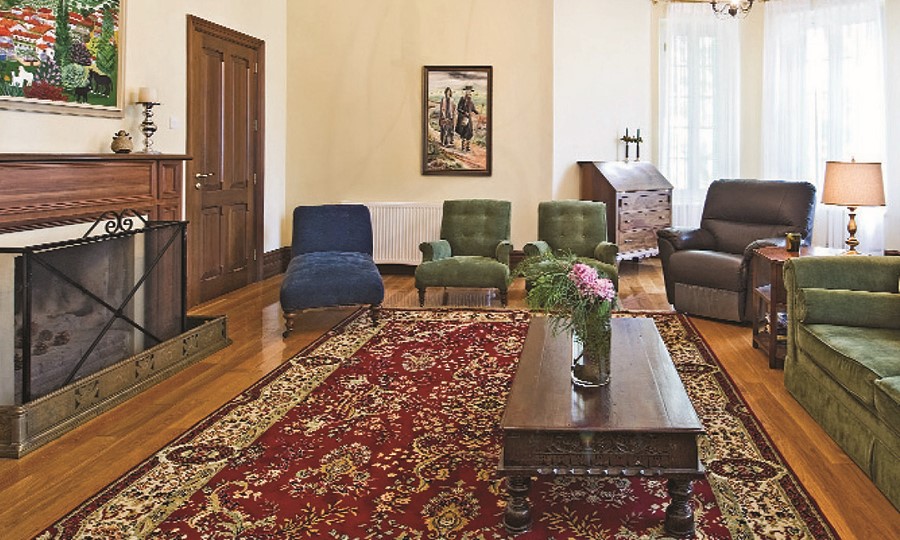
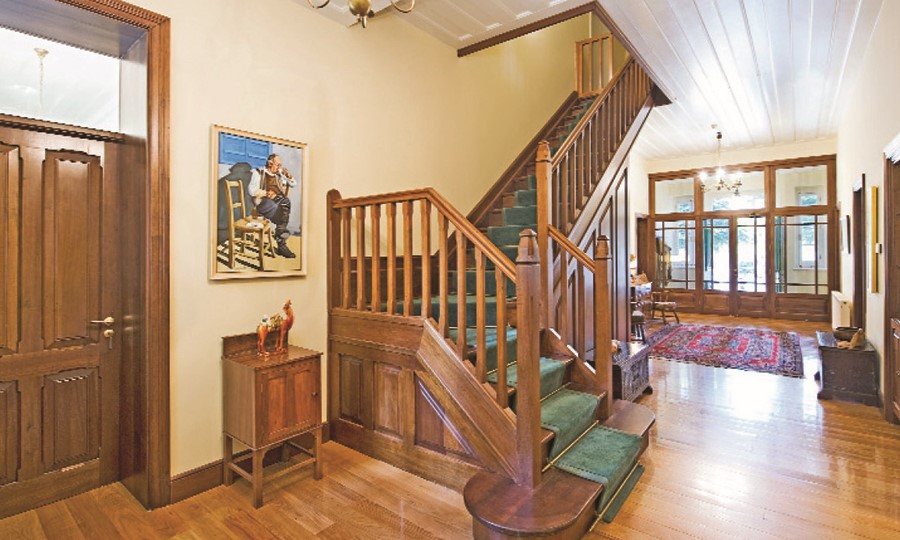
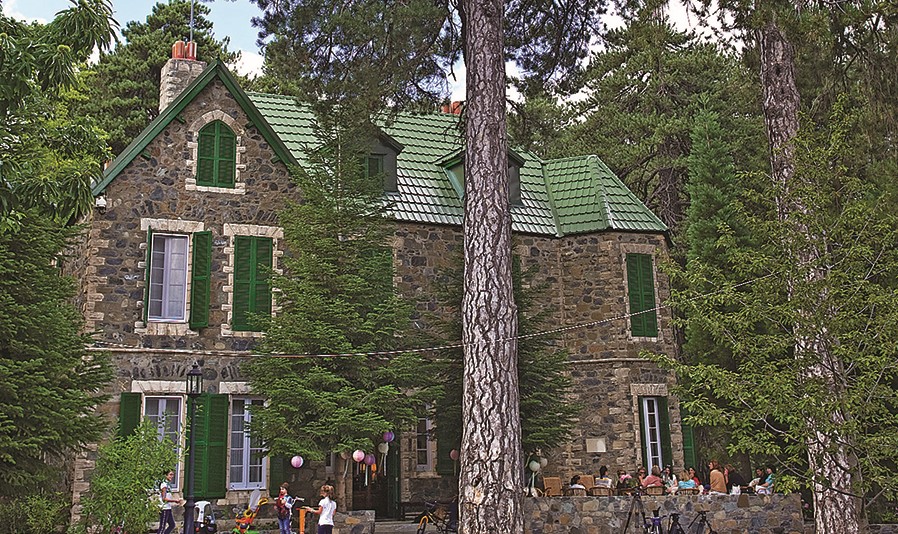
[This article was translated from its Greek original by Shemaine Bushnell Kyriakides]































